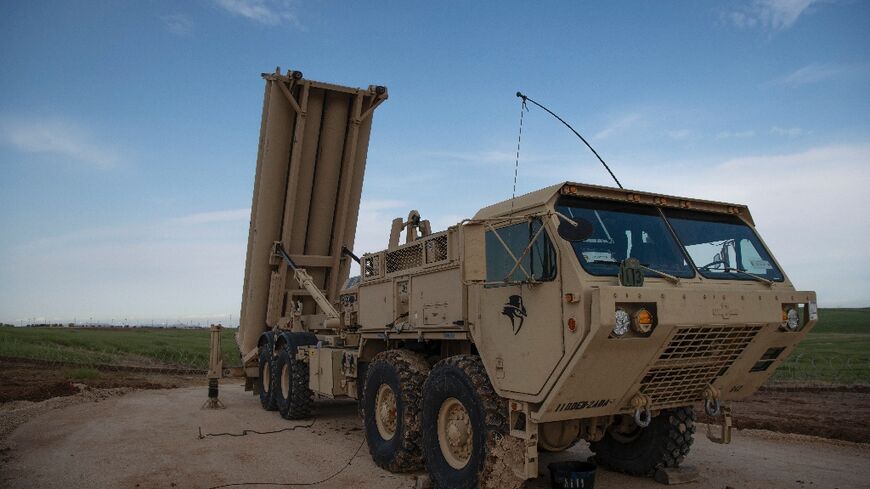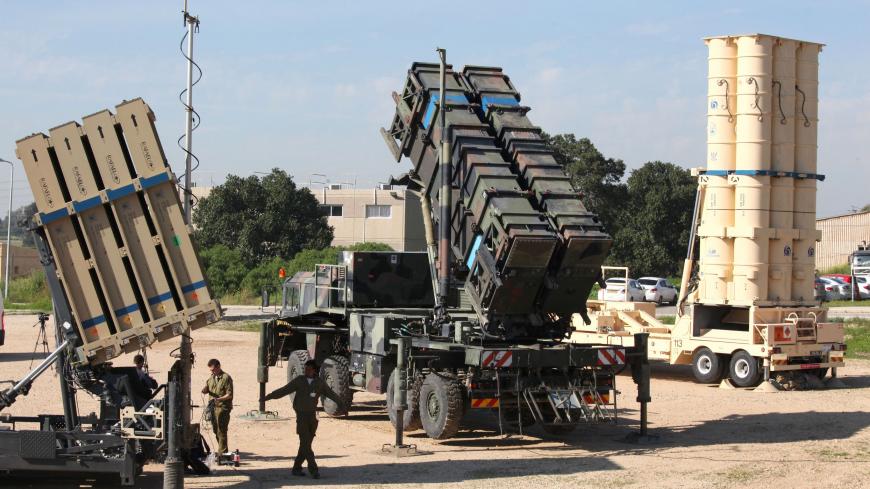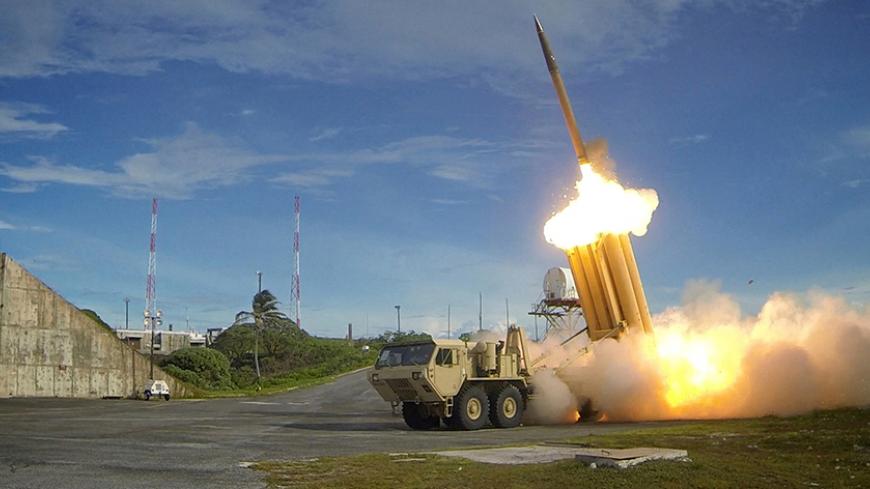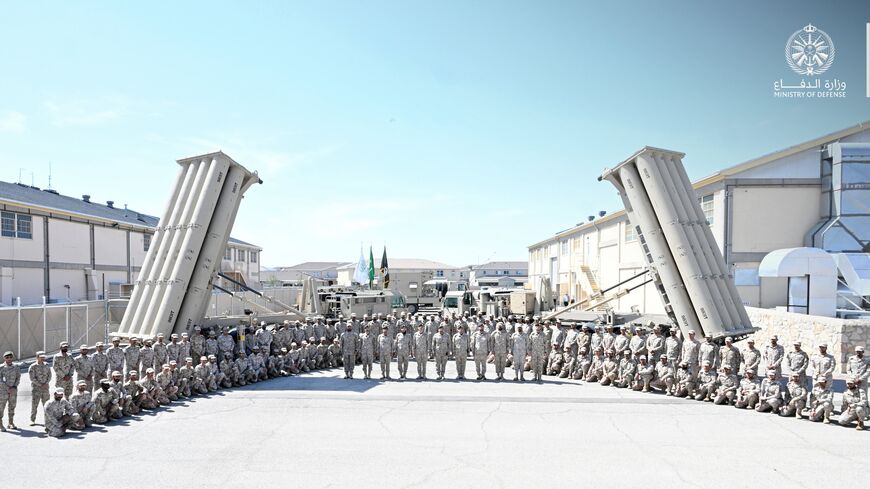US THAAD missile defense system begins arriving in Israel
The arrival of a THAAD system and US troops comes after Israel's Arrow antiballistic missile batteries underperformed during Iran's Oct. 1 barrage of more than 180 ballistic missiles.

Components of a ballistic missile defense system dispatched by the Pentagon began arriving in Israel on Monday, along with accompanying US troops, ahead of an anticipated Israeli retaliatory attack against Iran.
Press secretary Maj. Gen. Pat Ryder said in a statement on Tuesday that US personnel and parts of the Terminal High-Altitude Area Defense battery started to arrive in Israel, with more to come shortly.
“Yesterday, October 14, an advance team of US military personnel and initial components necessary to operate the Terminal High-Altitude Area Defense (THAAD) battery arrived in Israel. Over the coming days, additional U.S. military personnel and THAAD battery components will continue to arrive in Israel,” said Ryder.
He added that the THAAD will be “fully operational capable in the near future,” but declined to offer a timeline, citing security reasons.
The Pentagon said in a statement on Sunday that Defense Secretary Lloyd Austin authorized the deployment of the THAAD to "help bolster Israel's air defenses following Iran's unprecedented attacks against Israel," citing the attack earlier this month as well as the one in April.
A THAAD battery typically requires approximately 100 troops to operate. It utilizes radar and interceptors to thwart ballistic missiles.
Why it matters: The arrival of the THAAD follows Iran’s missile attack on Israel and comes ahead of an expected Israeli retaliation. Iran fired approximately 200 ballistic missiles at Israel on Oct. 1 in response to the Israeli strike that killed Hezbollah leader Hassan Nasrallah and Iranian commander Abbas Nilforoushan in Beirut in September, as well as the suspected Israeli assassination of Hamas leader Ismail Haniyeh in Tehran in July. The Israeli military said some of its bases sustained minor damage in the attack, while Iran hailed it as a success.
Initial assessments from Israel’s tax authority on Sunday indicated that the missiles caused between $40 million and $53 million in damage, with around 2,500 claims being filed following the attack.
Israel has vowed to respond to Iran, but the United States has been pushing for a limited retaliation. US President Joe Biden said following the Iranian attack that Israel should respond “proportionally.”
In a statement on Tuesday, the office of Prime Minister Benjamin Netanyahu said Israel will make decisions based on its own “national interest.”
“We listen to the opinions of the United States, but we will make our final decisions based on our national interest,” read the statement.
The Wall Street Journal reported on Monday that Netanyahu had assured Biden that the Israeli military would not strike Iran's nuclear sites or oil facilities.







